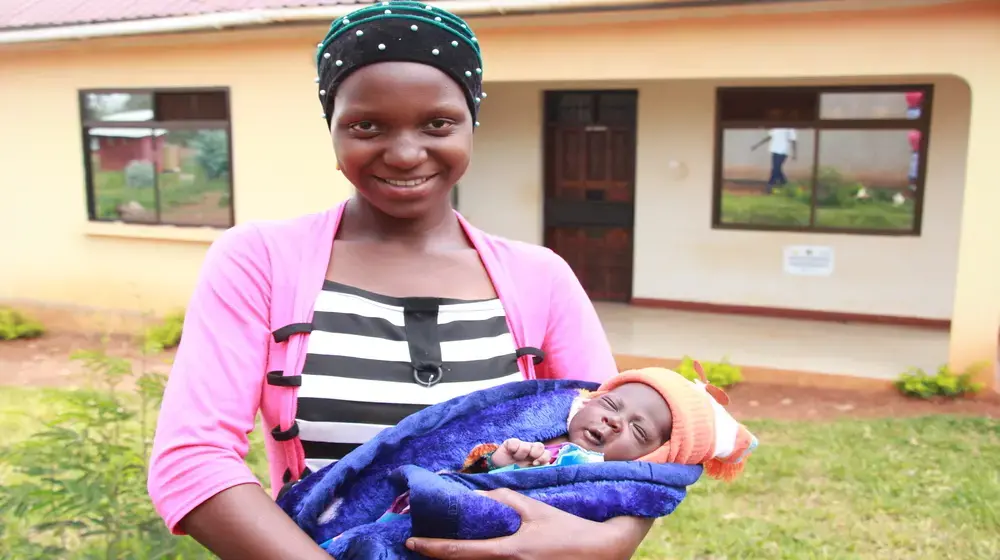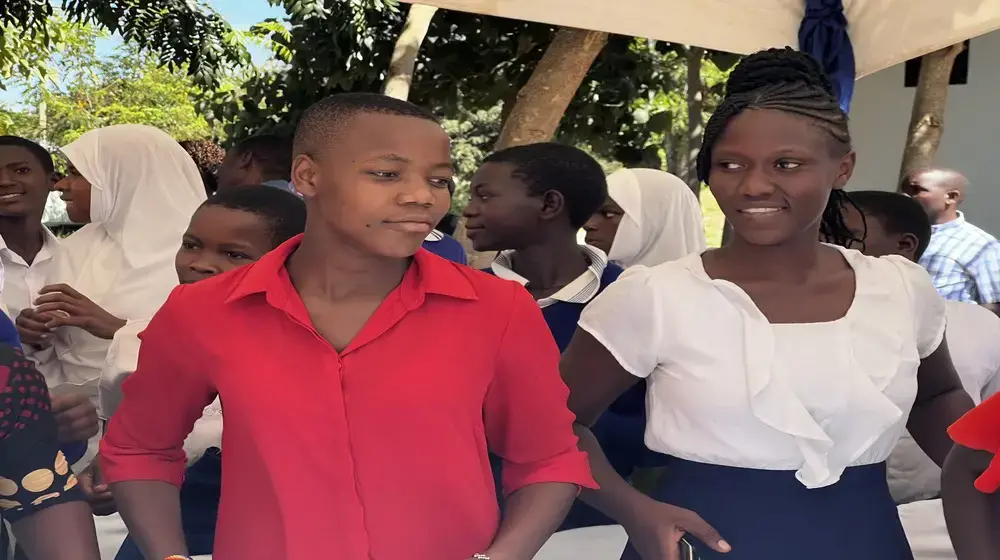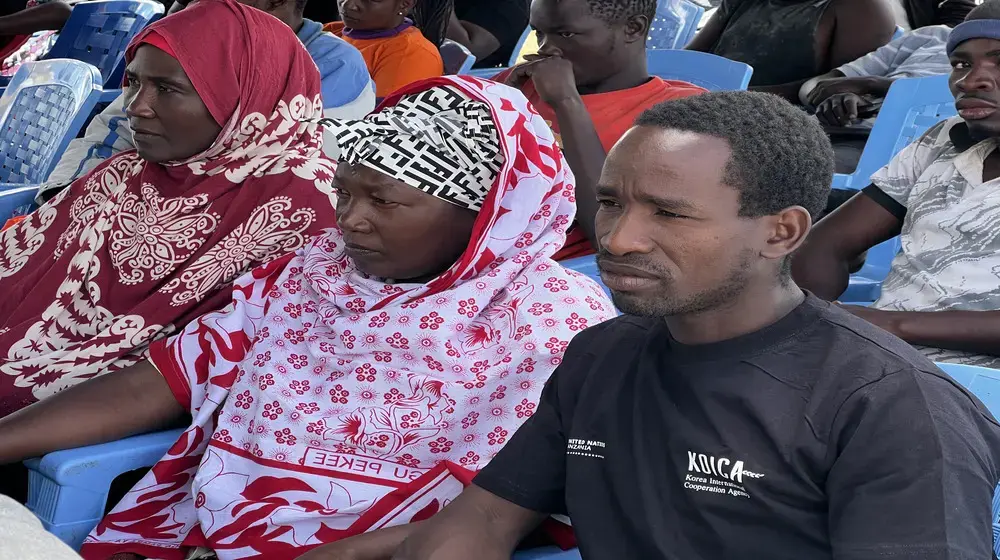The Police Force of Tanzania has received ten motorcycles from UNFPA, the United Nations Sexual and Reproductive Agency, to provide quality and timely support to survivors of Gender-Based Violence.
Speaking at the handing over held in Dar es Salaam, the Chief of Police Force, IGP Simon N. Sirro said the donation will enhance the capacity of police gender & children’s desks to reach out the survivors of gender-based violence.
IGP Sirro said the effort made by UNFPA has contributed a lot in ending violence against women and children noting that this has decreased. “Let us stop practicing outdated customs and norms. We need collective efforts to end gender-based violence. The donation will further help our officers in charge of Police Gender and Children’s Desks to reach the community for awareness raising”, he said.
UNFPA Officer In Charge Ms. Georgette Kyomba reminded that acts of gender-based violence and harmful practices against women, girls, children and older persons were rampant in society on a daily basis. She said that in Tanzania, ss in many countries around the world, too many women and girls live in fear of violence and abuse. Kyomba said four in ten women and girls aged 15 to 49 will experience gender-based violence in their lifetime adding that three in every ten girl will marry before their 18th birthday in Tanzania.
The UNFPA Officer In Charge said although the national average for Female Genital Mutilation (FGM) has decreased to 10 percent, gains across regios have been unequal and it remains as high as 58 percent in Manyara region. Behind these numbers are broken bones, broken souls and broken individuals, with families, communities and the nation continues to incur huge social and economic costs. GBV has serious consequences in women and girls’ lives including disability, death and psychological consequences. Overall, it has an impact on the opportunity of every individual to reach his or her full development and potential. “UNFPA is full committed to protecting every woman and every girl from harm and abuse, sexual and gender-based violence, and harmful practices such as child marriage and FGM”, she highlighted.
In Tanzania, UNFPA supports the government to implement the targets set by the National Plans of Action to end Violence Against Women and Children (NPA-VAWCs). Through partnership, UNFPA has supported the Police at the national, regional and local levels to improve its capacity to reach out to the survivors of GBV and harmful practices.
Police Community Engagement officer Dr. Musa Ally Musa said that the donation was the open evidence showing how Police Gender and Children’s Desks play their roles to solve the problem. “We must practice community engagement, facilitate social transformation and solve challenges,” he said.
In 2018, UNFPA launched efforts to achieve three transformative results, ambitions that promise to change the world for every man, woman and young person.
Ending gender-based violence and harmful practices
As the struggle for gender equality continues, violence against women and girls remains a global pandemic. One in three women will experience physical or sexual violence in her lifetime. And approximately one in four girls in the developing world is married before age 18.
UNFPA works to prevent and respond to gender-based violence through its work with policymakers, justice systems, health systems and humanitarian partners. UNFPA also focuses on eliminating harmful practices, including FGM and child marriage, and helps to engage men and boys to advance gender equality.





